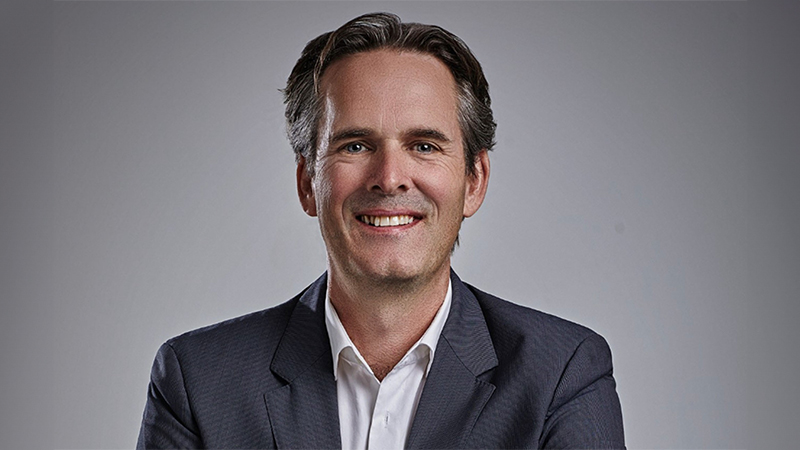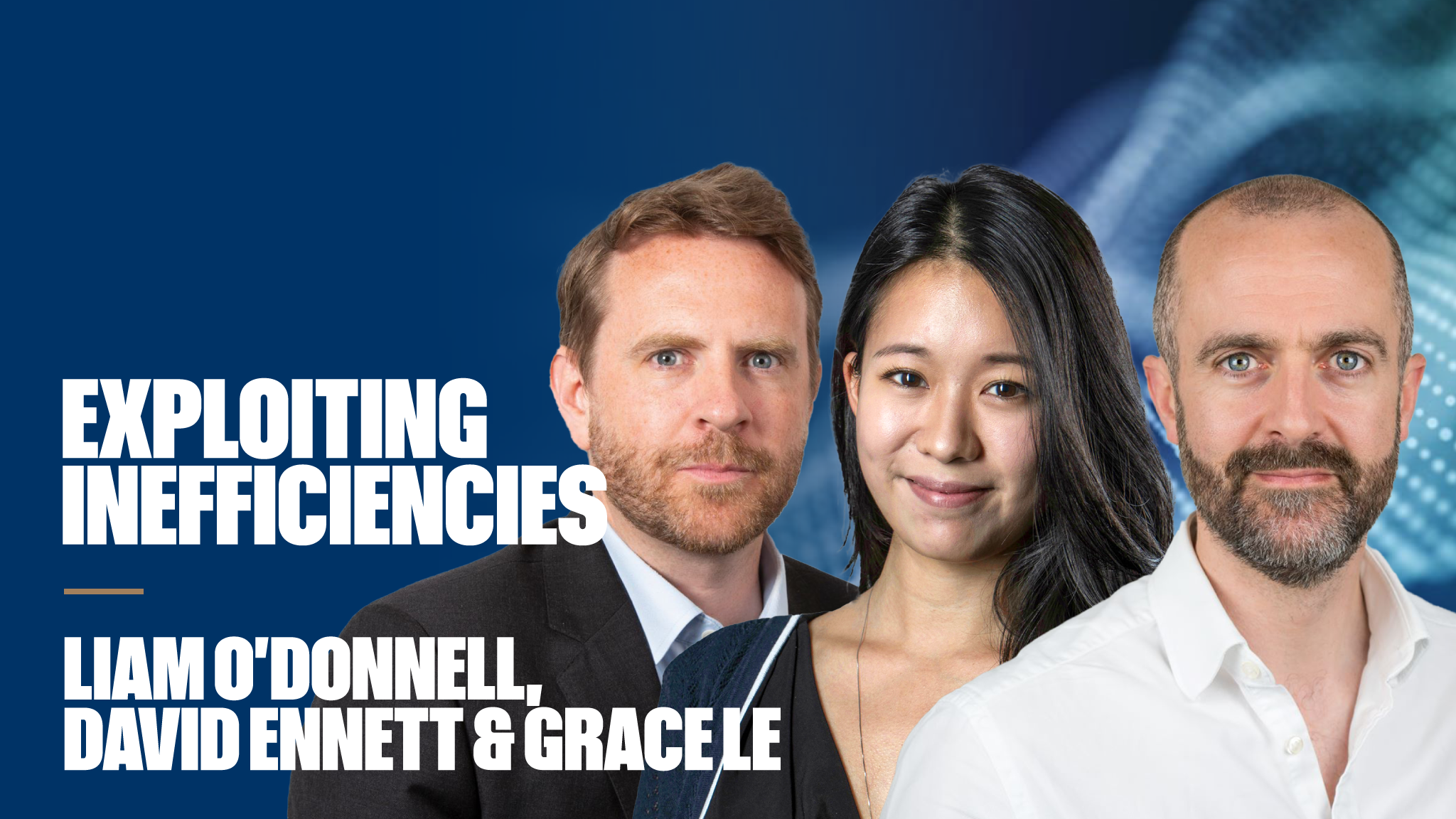At times of crisis, smaller companies tend to be first in the firing line, with investors gravitating to large, liquid companies. This is undoubtedly a time of crisis and investors have followed a predictable line, with the FTSE Small Cap Index down 21% year to date, compared with a drop of just 1.2% in the FTSE 100. It’s been a tough time for all smaller companies funds, but particularly those competing with the large-cap-focused funds in the UK equity income sector.
This is the problem for the Chelverton UK Equity Income Fund, but it has also been the secret of its long-term success. At its launch in 2006, managers David Taylor and David Horner sought to do something that few, if any, fund managers had tried to do before. They wanted to create an equity income fund from smaller companies.
They set up the fund to be exclusively focused on mid and small caps, with no FTSE 100 exposure at all.
They would buy good companies with a yield of 4%, with no exceptions. They could add at a yield of 3% but would sell when it got to 2%.
Every stock would have the appropriate risk/reward characteristics for an income fund – low debt, strong cashflow, high enough margins to support a growing dividend, plus a sensible, pragmatic management team. It was designed to capture the long-term outperformance of small and mid-caps, but with an income.
It sounds simple, but few had tried it because, up to that point, UK equity income funds were pretty popular as they were. The likes of Invesco and Artemis ran billion-pound equity income funds invested predominantly in large cap. Investors liked them and, with a decent manager at the helm, they provided a predictable revenue stream for investment managers. Why mess with a good formula?
Wake-up call
In reality, there were plenty of reasons to mess with it, as the subsequent years have shown. The global financial crisis exposed the over-reliance of many income funds on the banking sector. The intervening years have shown the problems of relying on the large energy and mining companies, as they endured a prolonged period of weakness. All of this has come against a backdrop of weakening demand for UK assets in the wake of the Brexit vote, particularly its low-growth large caps.
As investors moved away from the over-concentrated, homogenous UK equity income sector in droves, the Chelverton fund stood apart. Rather than a portfolio of BP, Shell, GSK and Unilever, it held companies such as Bloomsbury Publishing, Telecom Plus (owner of Utility Warehouse) and asset manager Polar Capital. Performance was strong, as it found a sweet spot in lower-risk smaller companies.
At the moment, however, it’s tough. Smaller companies have sold off heavily since the start of the year and the fund has had no exposure to the only game in town, the large-cap commodity companies. Taylor says: “The problem is that small and mid cap are more UK-centric than large cap. We don’t have access to the large oil and gas or mining companies paying big dividends.” These dividends are often paid in dollars, so large caps are also benefiting from a weaker pound.
Smaller companies are also struggling with the weight of anti-UK sentiment. Taylor says: “The UK government has been seen as less-than-friendly towards business. People are worried about growth and about inflation. They are worried that the Bank of England has been slow to put rates up.”
Smaller companies, seen as more domestic, bear the brunt of these problems, which have been particularly acute in areas such as housebuilders or retailers, which generate the majority of their revenue in sterling.
The big switch
This has hurt Chelverton’s performance relative to the rest of the UK equity income sector. However, compared with other smaller companies funds, it still looks good. It would be in the top 10 for performance over one year, as the relatively defensive qualities of some of its holdings have seen it fall less than other smaller company specialist funds.
Could this turn around? Taylor says operational performance from smaller companies continues to be relatively robust: “There tends to be a moment when markets switch. It’s when we see share prices falling less than any earnings downgrades.” The reaction to the recent sterling crisis was relatively muted, suggesting that smaller companies may be starting to find their floor.
If the US stopped raising rates, it might help. He says: “If sterling improved versus the dollar, it would create a more level playing field for this fund versus the broader sector. We would also see the advantages of the stronger dividend growth for many smaller companies.” Large-cap companies haven’t had to grow their dividend to increase payouts to shareholders this year because the currency moves have done it for them, but this is unlikely to continue into next year.
In the meantime, he says, balance sheets are as strong as he can remember, more companies are buying shares and dividends are holding up well. The fund paid a dividend of 5.5p versus 4.8p last year. “It’s the highest we’ve ever paid and we’re not doing anything special.” He believes FTSE 100 dividends may come under pressure next year as special dividends fade and the bump from the mining and energy sectors disappears.
At the same time, the weaker currency since the start of the year has also brought bid activity from large dollar-based private equity and corporate buyers. “We have seen bids for RPS, Micro Focus, Contour Global. Overseas buyers recognise that their cashflows are not being valued properly by the UK market and the weak pound makes these assets more attractive still,” says Taylor.
In the longer term he believes the premise of the fund holds firm. “It provides diversification away from the mainstream income funds. For this year, estimates are that around 10 stocks will account for 56% of the income from the UK market. Twenty stocks will account for 74%. What that means is that all the income funds have the same stocks but in different combinations – BAT, banks, BP, Shell, Tesco.” That concentration is always likely to be a risk, leaving investors over-exposed to specific sectors.
Reasons to be cheerful
Is there not a risk that good small caps use their cashflow for dividends rather than growth? “We find most have a balance – we’ve got enough to grow, pay a dividend and buy our shares back. Companies at the moment are pretty well-capitalised. Companies that won’t and don’t pay dividends are out-and-out growth stocks and we have no interest in those for this fund,” he says. The wider group does have a growth portfolio – the Chelverton UK Equity Growth Fund – and, at the moment, there is just 20% crossover in holdings between the two.
There are reasons to be cheerful, he says, in spite of the problems in the UK economy: “We do have full employment. We have a very well-capitalised financial sector. It’s not like the financial crisis. The banking system is healthy.” He says the energy package should help shore up consumer spending and, if energy prices drop, it may not cost as much as expected. “Revisions to profit expectations have already happened. Supply chain problems will ease, inflationary pressures should improve.” As such, while UK companies could get cheaper, a lot of bad news is already in share prices.
At the moment, the fund is split 60/40 between mid- and small. It is diversified across sectors, with housebuilders, engineers, financial companies and retailers. “No one is interested in retailers, but we believe the likes of Halfords or DFS will still be there at the end of this difficult period,” Taylor says.
His time in previous market crises has taught Taylor that fund managers need to come out with a better portfolio than they went in. It is an opportunity to improve the quality of a portfolio. That may mean selling things to raise cash, which is difficult, but should reap returns in the long term. They have shored up the team, recruiting Ollie Knott as a growth analyst in 2019, and while he has had a baptism of fire, says Taylor, he is getting some valuable experience in market volatility.
The Chelverton fund occupies a unique place in the UK Equity Income sector and stands out from the large cap-focused crowd. There are times when this is a hindrance but, over the longer term, it should be a significant advantage.
BIOGRAPHY
David Taylor started his career as an analyst at Wedd Durlacher, later moving into fund management in 1987. He joined Gartmore Investment in 1991 and, in 1995, moved to LGT to manage small-cap retail funds. He latterly spent nearly seven years as head of UK smaller companies at HSBC. Taylor joined Chelverton Asset Management in 2006 and has co-managed MI Chelverton UK Equity Income Fund since launch and MI Chelverton UK Equity Growth until 2017. He also co-runs Chelverton UK Dividend Trust PLC.
This article first appeared in the October edition of Portfolio Adviser Magazine











